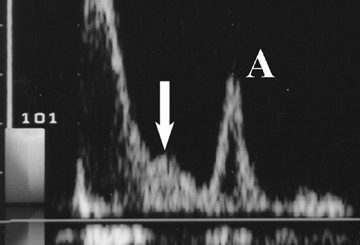Medicine MCQs-4
Contents
- 1 Microcytosis is reflected by MCV -
- 2 Signs of hypovolemic shock appears when acute blood loss is -
- 3 Gaisbock’s syndrome is best categorized under the heading of -
- 4 Philadelphia Chromosome is seen in -
- 5 Castell's sign is a medical sign assessed to evaluate -
- 6 All of the following are classified as myloproliferative neoplasms EXCEPT -
- 7 All of the following are adaptive functions of normal human Spleen EXCEPT -
- 8 Presence of a palpable spleen in a patient with sickle cell disease after age 5 suggests -
- 9 Presence of splenomegaly in a patient with polycythemia supports a diagnosis of -
- 10 All of the following are associated with massive splenomegaly EXCEPT -
Microcytosis is reflected by MCV -
Microcytosis - MCV < 80
Macrocytosis. - MCV >100
Signs of hypovolemic shock appears when acute blood loss is -
Volume of acute blood lost is >40% [ i.e.,>2L in the average-sized adult ] signs of hypo-volemic shock appears
Gaisbock’s syndrome is best categorized under the heading of -
Gaisbock’s syndrome is best categorized under the heading of a relative polycythemia
Philadelphia Chromosome is seen in -
Chronic myeloid leukemia (CML) has a presence of the hallmark Philadelphia Chromosome (BCR-ABL1) mutation.
Castell's sign is a medical sign assessed to evaluate -
Castell's sign is a medical sign assessed to evaluate splenomegaly
All of the following are classified as myloproliferative neoplasms EXCEPT -
World Health Organization lists the following subcategories of MPNs:
• Chronic myeloid leukemia
• Chronic neutrophilic leukemia
• Polycythemia vera
• Primary myelofibrosis
• PMF, Prefibrotic Stage
• PMF, Overt Fibrotic Stage
• Essential thrombocythemia
• Chronic eosinophilic leukemia
Previously, myloproliferative neoplasms were known as myeloproliferative diseases
All of the following are adaptive functions of normal human Spleen EXCEPT -
Adaptive unctions of Spleen :
(1) Clearance of bacteria and particulates from the blood,
(2) Immune responses to pathogens,
(3) Extramedullary hematopoiesis
Normal human spleen does not sequester or store red blood cells and does not contract in response to sympathetic stimuli.
Presence of a palpable spleen in a patient with sickle cell disease after age 5 suggests -
Presence of a palpable spleen in a patient with sickle cell disease after age 5 suggests a coexisting hemoglobinopathy, e.g., thalassemia or hemoglobin C
Presence of splenomegaly in a patient with polycythemia supports a diagnosis of -
Presence of splenomegaly supports a diagnosis of polycythemia vera rather than secondary polycythemia.
All of the following are associated with massive splenomegaly EXCEPT -
DISEASES ASSOCIATED WITH MASSIVE SPLENOMEGALY -
- Chronic myeloid leukemia
- Gaucher’s disease
- Lymphomas
- Chronic lymphocytic leukemia
- Hairy cell leukemia
- Sarcoidosis
- Polycythemia vera
Sickle cell anemia - autosplenectomy
Pneumococcal sepsis- has been reported to cause autosplenectomy but is a very rare





